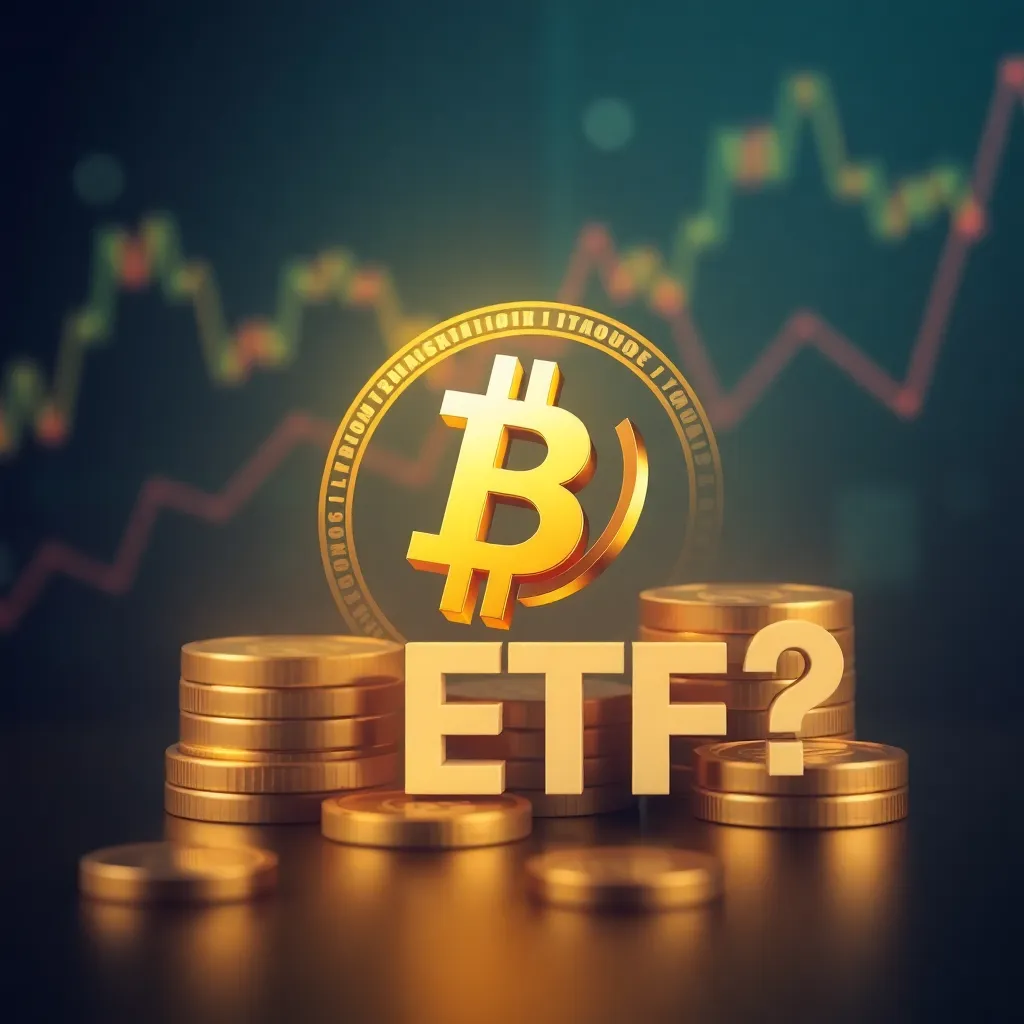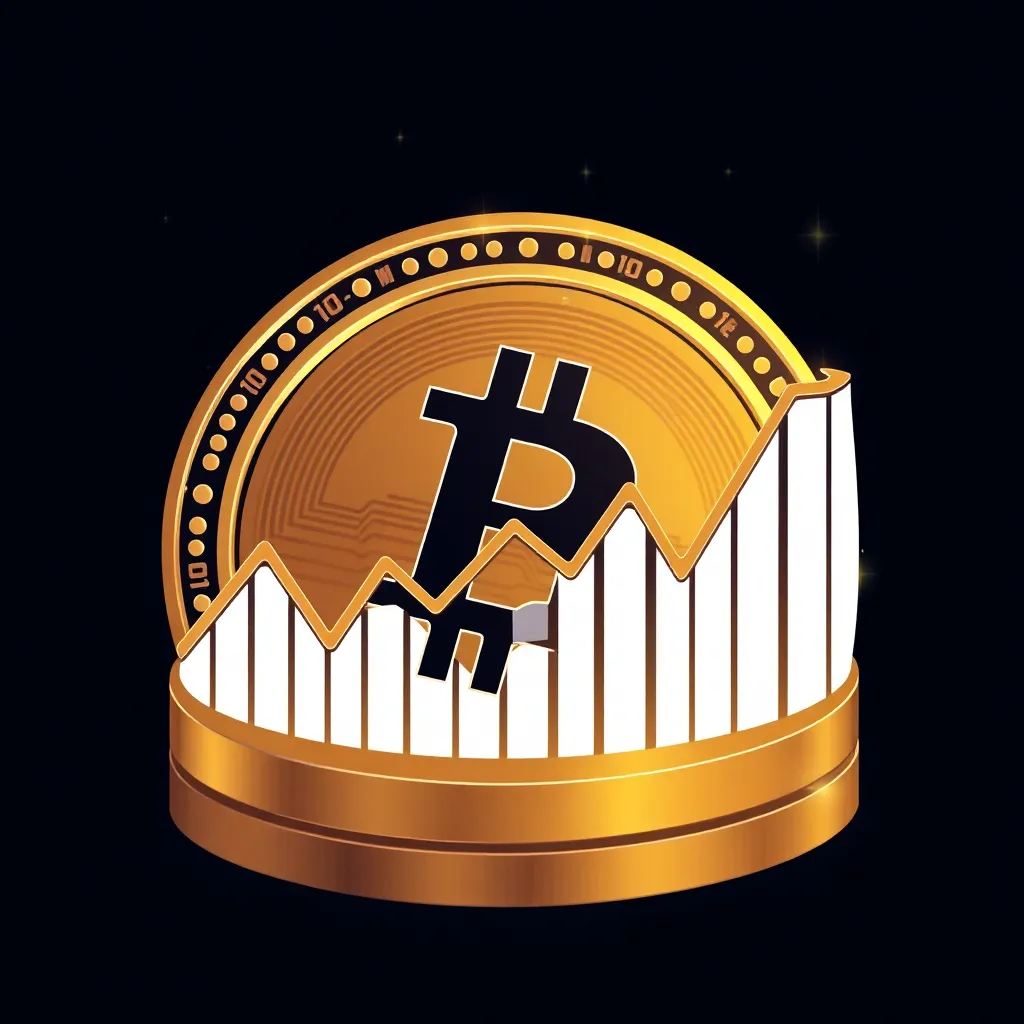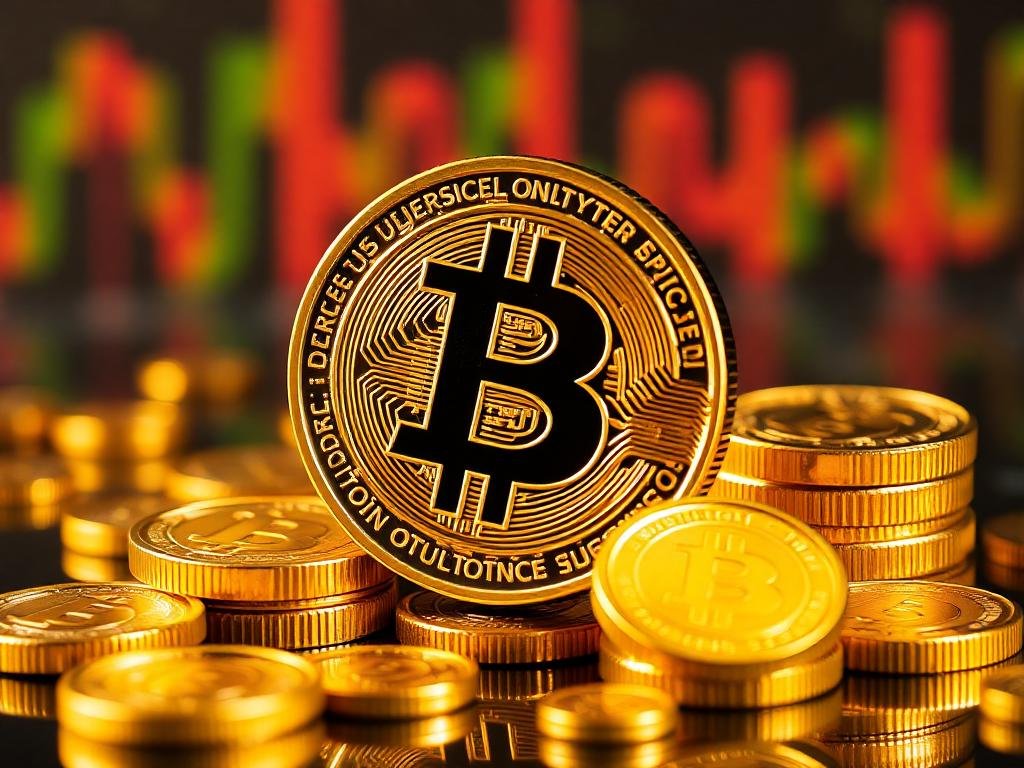In the evolving landscape of cryptocurrency investment, the question “Does Solana have an ETF?” is increasingly being asked by both seasoned investors and newcomers to the crypto space. Solana (SOL), known for its high-speed and low-cost blockchain, has gained immense popularity over recent years. With institutional interest in digital assets growing, many are curious whether Solana has or will soon have its own Exchange-Traded Fund (ETF). In this article, we’ll explore the current state of Solana ETFs, the factors influencing their development, potential implications, and what investors should watch moving forward.

What is an ETF?
An Exchange-Traded Fund (ETF) is a type of investment fund traded on stock exchanges, much like individual stocks. ETFs are designed to track the performance of a specific asset or a basket of assets such as stocks, commodities, bonds, or even cryptocurrencies. Crypto Profit Calculator
For example, a Bitcoin ETF tracks the price of Bitcoin, allowing traditional investors to gain exposure to BTC without actually owning the cryptocurrency. This concept has grown popular as it merges the regulated structure of traditional finance with the innovation of digital assets.
Understanding Solana (SOL)
Before diving into the ETF discussion, it’s important to understand what Solana is and why it’s attracting attention:
- Launched in 2020, Solana is a high-performance blockchain that uses a unique combination of Proof of History (PoH) and Proof of Stake (PoS).
- Known for its scalability, Solana can handle 65,000 transactions per second (TPS) at very low fees, making it ideal for DeFi, NFTs, and Web3 applications.
- SOL, the native token of the Solana network, is used for staking, transaction fees, and governance.
Solana has positioned itself as a legitimate competitor to Ethereum, leading to growing interest from both retail and institutional investors.
So, Does Solana Have an ETF?
As of 2025, there is no Solana ETF currently approved by major financial regulators such as the U.S. Securities and Exchange Commission (SEC).
However, this doesn’t mean that an ETF based on Solana is off the table. In fact, many analysts believe that it’s only a matter of time before Solana-based ETFs enter the market—especially following the gradual acceptance of Bitcoin and Ethereum ETFs in several countries.
Why No Solana ETF Yet?
Several factors contribute to the current lack of a Solana ETF:
1. Regulatory Hurdles
The SEC has been cautious about approving crypto ETFs, especially those not related to Bitcoin or Ethereum. The regulator tends to view altcoins as more speculative and potentially securities under the Howey Test, which increases legal scrutiny.
2. Market Maturity
While Solana has made remarkable strides, it is still considered an emerging asset. The SEC and other global regulators often require a track record of stability and adoption before greenlighting ETFs tied to newer cryptocurrencies.
3. Custody and Infrastructure
Proper custodial solutions, liquidity, and price tracking mechanisms are essential for ETF development. While companies like Coinbase and Fireblocks offer SOL custody, the infrastructure for launching a regulated ETF is still maturing. Residual value calculator
What Could a Solana ETF Look Like?
1. Spot Solana ETF
A spot ETF would directly hold SOL tokens. Investors would gain price exposure to Solana without needing to manage private keys or deal with exchanges. This is similar to how the SPDR Gold ETF (GLD) works with gold.
2. Futures-Based Solana ETF
Like the early Bitcoin ETFs, a Solana futures ETF would track futures contracts rather than holding SOL directly. While this could offer exposure, it may not perfectly mirror Solana’s actual market price.
3. Thematic ETFs Including Solana
Another likely route is ETFs that include Solana as part of a broader basket of digital assets or smart contract platforms, such as an “L1 Blockchain ETF” or “Web3 Infrastructure ETF.”
Countries Where a Solana ETF Might Appear First
While the U.S. is the most prominent ETF market, other jurisdictions are more crypto-friendly. Here are some potential leaders:
Canada
Canada was the first to approve a Bitcoin spot ETF and an Ethereum ETF. Companies like Purpose Investments or 3iQ could pioneer a Solana ETF here.
Europe
Europe has several crypto-related ETPs (exchange-traded products) already listed on platforms like SIX Swiss Exchange and Deutsche Börse. A Solana ETP could be a precursor to an ETF.
Australia
Australia launched its first crypto ETFs in 2022. Given its progressive stance, a Solana ETF could be plausible in the near future.
Companies Eyeing Solana ETFs
While no official filings for a Solana ETF have been confirmed, several asset management firms have shown interest in expanding their crypto offerings:
- Grayscale Investments, known for its Bitcoin and Ethereum Trusts, has mentioned adding more altcoins, including Solana, to its portfolio.
- VanEck and ARK Invest have actively pursued crypto ETF filings and could potentially include Solana in future proposals.
- 21Shares, which already offers Solana ETPs in Europe, could transition these into full-fledged ETFs as regulations evolve.

Implications of a Solana ETF
1. Institutional Adoption
A Solana ETF would allow hedge funds, pension funds, and mutual funds to gain exposure to SOL without navigating crypto exchanges. This could dramatically increase inflows and price stability.
2. Price Growth
As seen with Bitcoin and Ethereum ETFs, increased accessibility often correlates with higher demand and price appreciation. A Solana ETF might catalyze the next bull run for SOL.
3. Mainstream Legitimacy
Approval of a Solana ETF would further validate Solana’s role as a major blockchain player, improving its reputation among developers, investors, and regulators.
Challenges a Solana ETF Would Face
While the benefits are clear, several challenges remain:
- Volatility: SOL remains highly volatile, which may deter risk-averse institutional investors.
- Decentralization Concerns: Critics have pointed out that Solana is relatively more centralized compared to Bitcoin or Ethereum, which might pose regulatory risks.
- Network Reliability: Solana has faced multiple outages in recent years, raising concerns about its long-term resilience.
Steps Toward a Solana ETF: What Needs to Happen
- Regulatory Clarity
- The SEC and other bodies must clarify whether SOL is a commodity or a security.
- Robust Custody Solutions
- Widespread adoption of secure custody solutions will ease ETF creation.
- Transparent Pricing and Liquidity
- Better price discovery mechanisms and deeper liquidity pools are essential.
- Industry Advocacy
- Crypto industry leaders must work with regulators to build frameworks that support altcoin ETFs.
SEO Takeaway: Is Solana ETF Coming Soon?
If you’re searching for “Does Solana have an ETF?”, the short answer is: Not yet, but it could happen soon.
With growing institutional interest, maturing infrastructure, and increasing legitimacy in global markets, Solana is well-positioned for ETF inclusion—especially as more countries embrace crypto-based financial products.
Conclusion: Stay Ahead of the Solana ETF Trend
While Solana does not currently have a dedicated ETF in the United States or other major markets, the groundwork is being laid. Investors should closely monitor regulatory developments, announcements from major asset managers, and Solana’s ongoing network upgrades.
In the meantime, those looking for exposure can consider:
- Buying SOL on reputable exchanges.
- Investing in broader crypto ETFs that may include Solana.
- Exploring Solana-based DeFi projects and staking opportunities.
As the landscape evolves, a Solana ETF could soon become a reality, opening the doors for millions of traditional investors to participate in the Solana ecosystem.


